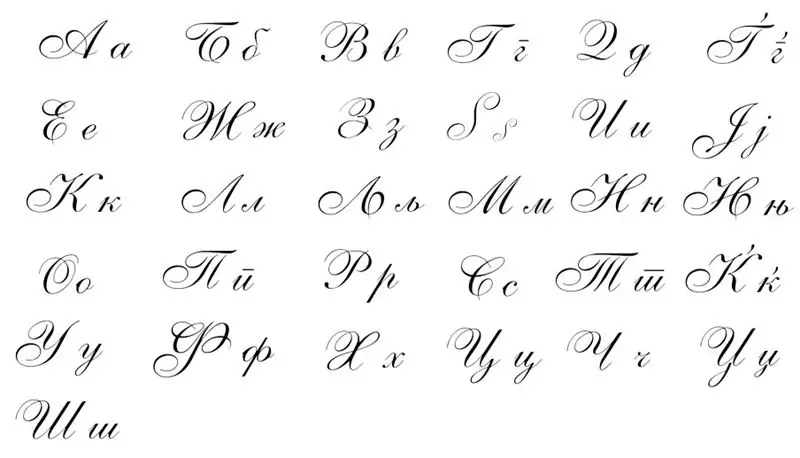
The small Balkan Republic of Macedonia attracts foreign tourists with inexpensive ski and balneological resorts. The Russian traveler does not lag behind others, and more and more often our compatriots descend on the Macedonian land via the air bridge. The only state language of Macedonia belongs to the South Slavic language group. The majority of the republic's two million inhabitants speak Macedonian.
Some statistics and facts
- In addition to the Macedonians, who make up more than 64% of the population, half a million Albanians (25%) and 77 thousand Turks (almost 4%) live in the country. Each nationality has its own language of communication.
- The state language of Macedonia is spoken by at least 1.4 million people in the world. In addition to the republic itself, Macedonians live in Albania, Australia, Bulgaria, Croatia, Canada, USA and some other countries of the world.
- The Macedonian writing is based on the Cyrillic alphabet.
- Most of the speakers of Macedonian abroad can be found in Australia. Almost 70 thousand people speak Macedonian on the "green" continent.
In the footsteps of the Old Church Slavonic
The history of the state language of Macedonia began in antiquity from the moment Slavic tribes settled in the Balkans. Linguistic features draw the attention of researchers to the written monuments of the Old Church Slavonic, preserved from the 10th century. However, the lexical fund of Macedonian is not only Slavic words, but also many borrowings from Turkish, Greek, Serbo-Croatian and other Balkan languages.
In modern Macedonian, three dialects are distinguished - northern, western and eastern, and the literary language is based on the dialects of the western part of the country.
Tourist notes
The people of Macedon are hospitable and welcoming and, like everywhere in the Balkans, there is enough basic English to understand people at a comfortable enough level to communicate. Many words in Macedonian sound like Russian and are intuitive even without a translator.
In tourist areas, in ski and spa resorts and in the capital, a significant part of the necessary tourist information has been translated into English. You can place an order in the restaurant using the menu in English, and check into the hotel with the help of an English-speaking receptionist. Not too many people in Macedonia know Russian, but some kinship of our two languages will help to get the maximum pleasure from the rest, even for those tourists who do not speak foreign dialects at all.






